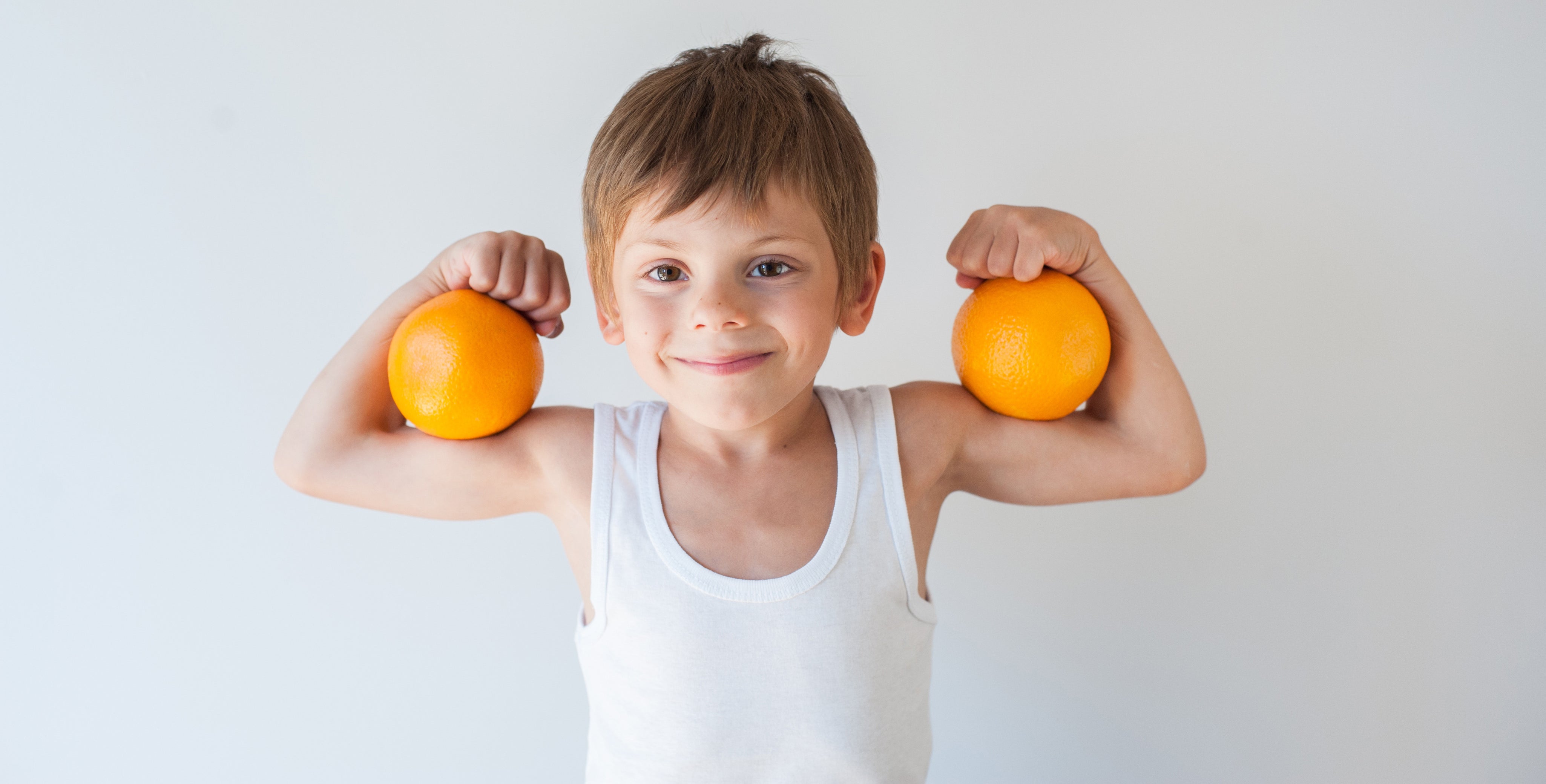What gives children strength?

We want our children to be happy and give them everything they need to lead a happy, fulfilled, self-confident and strong life. Because we know that life has many wonderful aspects, but also impositions and crises. What do children need so that they can enjoy the beautiful things in life and are equipped to deal with stressful situations?
Confidence gives wings
The foundation for strong self-confidence is laid in the first few months of a child's life. When the baby learns to trust its surroundings. When it can be sure that its caregiver is there for it, cares for it and takes care of its physical and emotional needs. The parenting advice to let the baby cry so that it learns to soothe itself creates the opposite of an experience of trust. Because what babies learn in this situation is only one thing: helplessness. The same applies later on: when children cry, it happens quickly and, in our eyes, sometimes over little things. But it is bad for the child at that moment, otherwise it wouldn't cry. They shouldn't have the feeling that they are being left alone, but that there is someone there to comfort them and allow them to cry.
Movement comes into play
As soon as the baby has grown into a toddler, it needs encouragement in its urge to move and at the same time the closeness of its parents. The experience that it is right to discover and be curious. Movement creates a good body feeling, the sense of achievement of being able to do something alone and self-confidence. If a mishap occurs, parents can help the child to learn from the experience with a calm, level-headed response, so that the child does not become anxious or insecure.
When the little ones are ready to fly
The world also opens up with contacts outside the family, in contact with other caregivers and, above all, kindergarten friends of the same age, and the child becomes increasingly confident in it. Experiences such as the first sleepover at a best friend's house or a trip with the kindergarten group contribute to this.
The more openly parents allow their child to make contacts and friends and support them in doing so, the better. If there is an argument with peers, parents do not have to intervene immediately. Differences of opinion, for example about who gets to use the shovel, are part of it. This is where children start to learn how conflicts can be resolved - and that violence is not part of it, because then the parents intervene.
Defiance and snottiness
In addition to disputes, children also learn during this time that there are limits. Namely, when there is a risk of harm. Understanding and learning to say "no" is not always easy for children. They should therefore not be overwhelmed by prohibitions. However, if a "no" is said, it must remain so. The onset of the defiant phase in the third year of life can be exhausting for everyone involved. Until it is over, it is important to accept frustration and react to tantrums as calmly as possible.
The older children get, the more responsibility they are allowed to take on - when cooking together, in the household, perhaps for a pet. They feel the confidence and pride in what they can do and their self-confidence grows. It is also important to complete tasks even when they don't feel like it. Children learn that their actions are important and have consequences, so they not only learn discipline, but also reliability towards others and themselves. And when difficulties arise, for example when a homework assignment is not immediately solvable, it helps to encourage them to approach the task like a detective and thus awaken their desire to solve the tricky puzzle. If the child manages it on their own, they are proud. And if they don't, it's no big deal.
Your own path is the goal
The important thing is to have tried, that deserves recognition: not everything can succeed. Accepting the child unconditionally is the breeding ground for their self-esteem and shows them that they are allowed to be who they are. On the other hand, comparing the child with others or criticizing their entire personality has the exact opposite effect. Paying attention to the child, giving them space to talk about themselves, shows them that they are important and strengthens their self-confidence that they have a place in the world.



